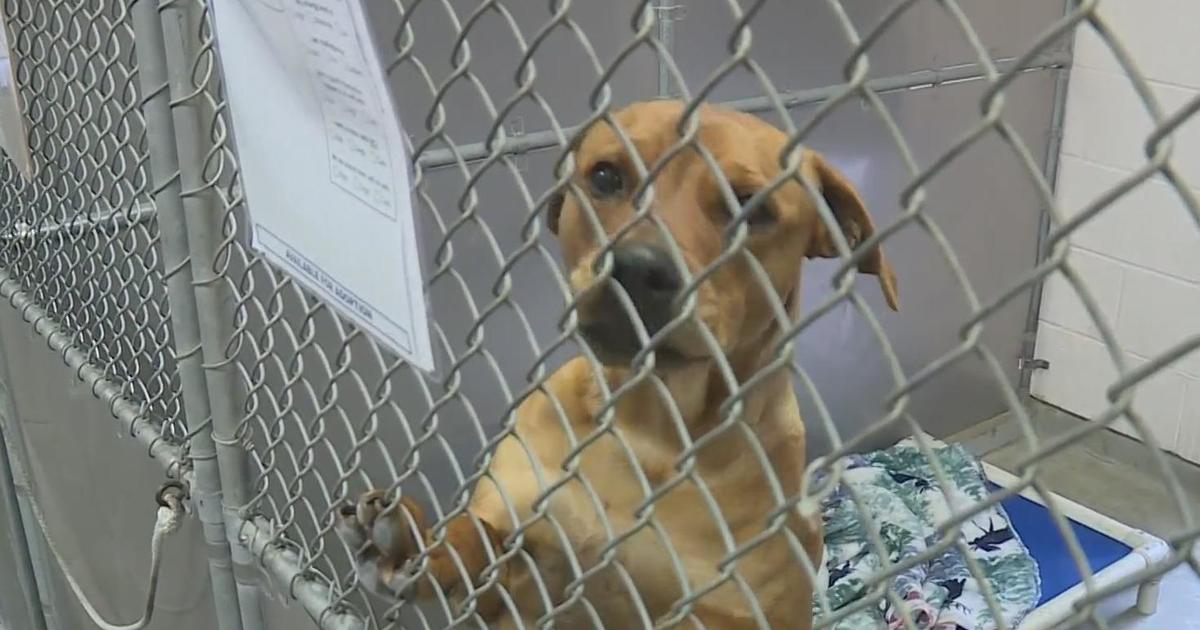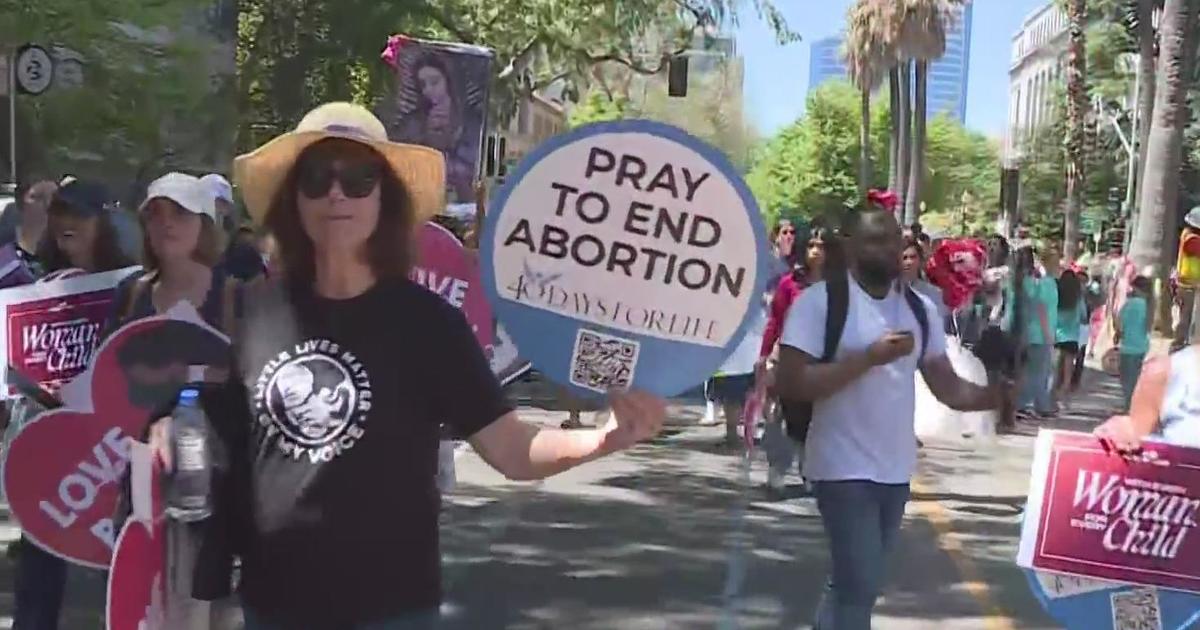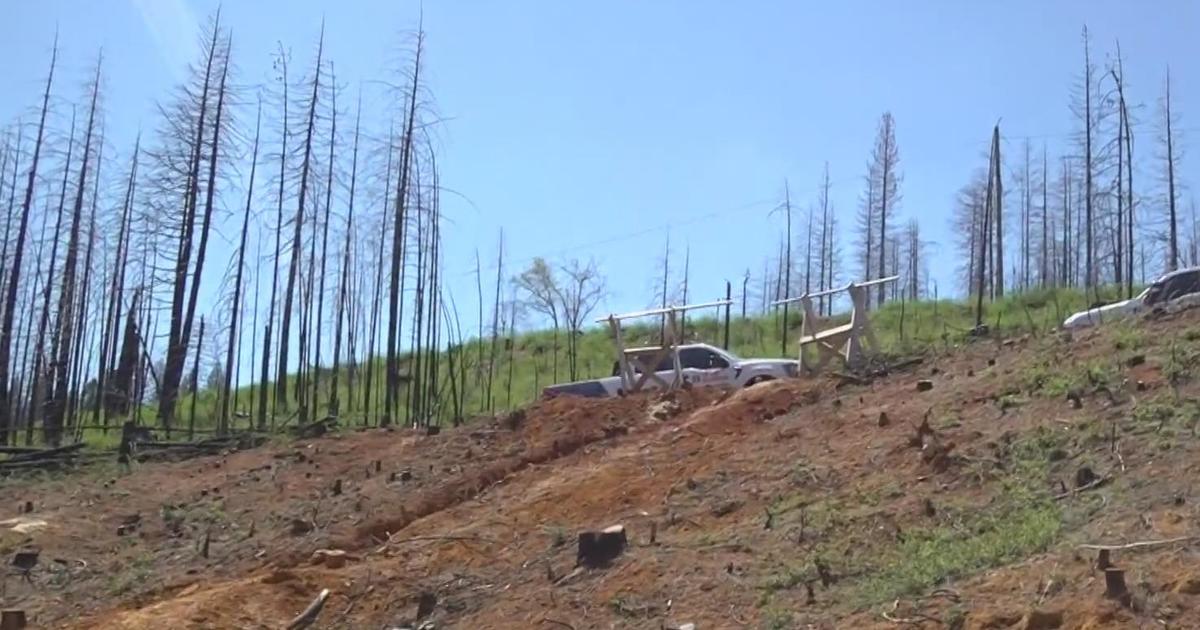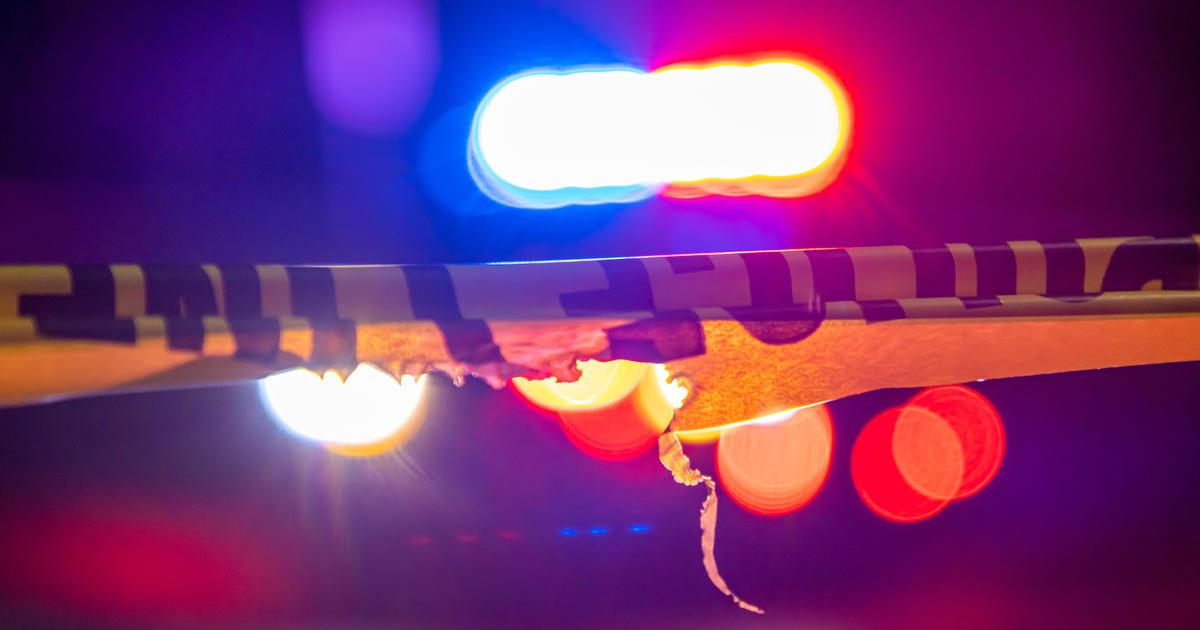Drought Striking Across California Could Be Hard To Recover From
FOLSOM LAKE (CBS13) — CBS13's Sam Shane talked with the California's deputy drought director at Folsom Lake for a perspective on this year's drought
The lake's extremely low levels have become one of the drought's most iconic images.
"So if you and I were out here in a normal year, how far underwater do you think we would be? Maybe 30 feet," Shane asked.
"Way farther than I would care to swim," Jeanine Jones said.
CALIFORNIA DROUGHT SPECIAL COVERAGE
"Folsom Lake normally holds just under 1 million acre-feet of water, and right now for this time of the year, we are at 33 percent of average.
Boat ramps normally covered by the water are left bare.
"These extreme outlier years are so rare, that you really don't expect them," she said. "We are very concerned."
Dire, crisis, unprecedented, historic and even catastrophic are words being used to describe this drought.
"The last time we had really dry conditions like this was in 1977," said Jones. "We're entering record-setting terrain right now."
Satellite images comparing last January to this January shows the lack of snowpack in the Sierra, as the U.S. drought monitor has categorized most of the state in extreme drought.
When Gov. Jerry Brown declared a drought emergency a little more than a week ago, alarm bells were already going off.
Wildfires in winter were following an already busy fire season into an unusual time.
Reservoirs like Folsom Lake were hitting record lows across the state, prompting water agencies to order mandatory water cutbacks.
Farmers pulled out trees, because they couldn't get enough water.
Ranchers are selling off cattle, because there's no grass for the cows to graze.
Scientists believe this could be the worst drought we've experienced in centuries.
"This is the drought from hell," said physics professor Michio Kaku. "We're witnessing a catastrophe in the making. The economy of the West could be a train wreck in slow motion."
Jones says it will be a difficult year, and without much rain in the month of January, it will be difficult to recover.
"As the governor pointed out in his remarks, he can't make it rain and we can't make it rain," she said. We've gone two-thirds of the way through our wettest period—December, January, February. December, January have been AWOL, so the odds are not good at recovering."



